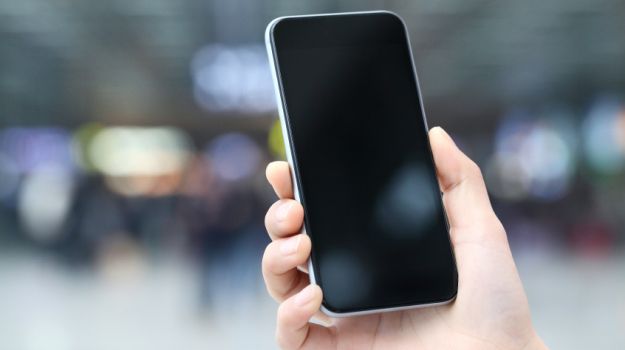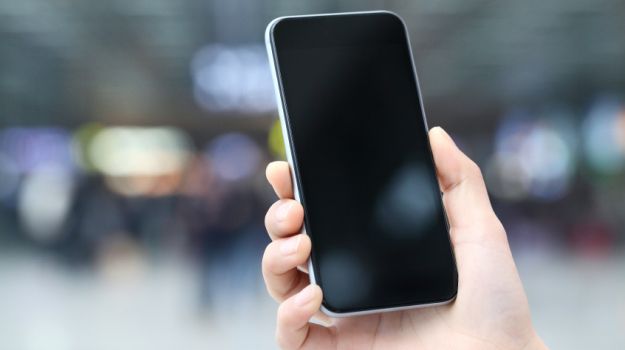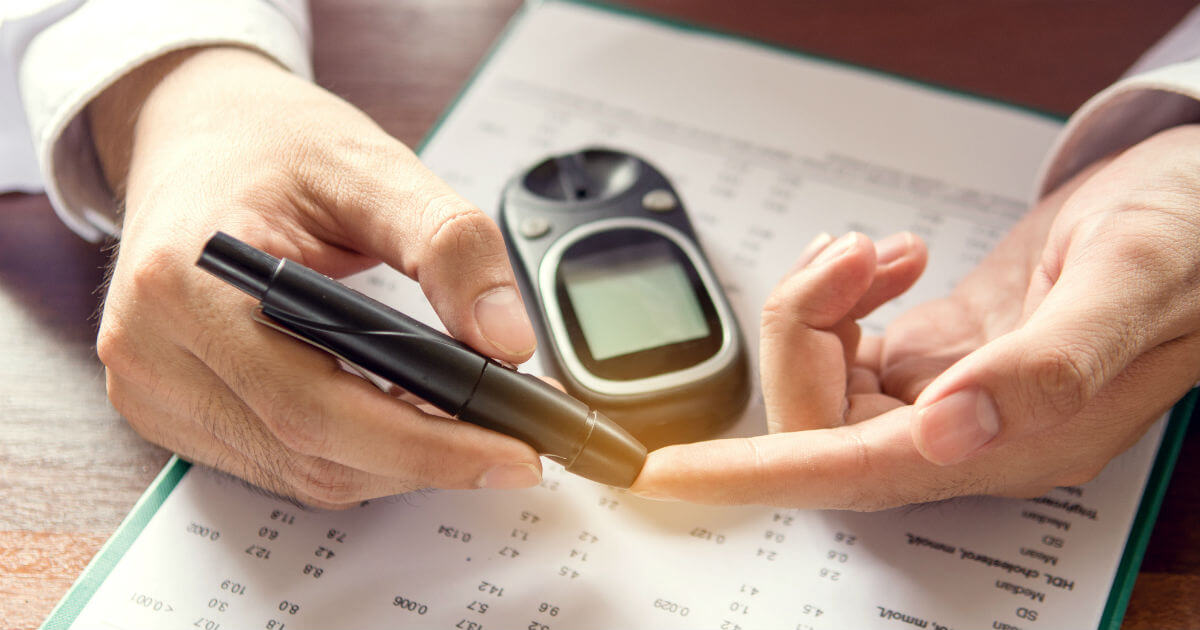Night phone use may harm mental health in teens: study
Tue 05 Sep 2017, 11:57:30
Teenagers who use their smartphones late at night may have low sleep quality, leading to poor mental health, reduced coping and self-esteem, a new study warns.
Researchers at Griffith University and Murdoch University tracked changes in late-night mobile phone use, sleep and mental health indicators over three years in a large sample of Australian teens.
They found that adolescents' late-night mobile phone use was directly linked to poor sleep quality, which subsequently led to poorer mental health outcomes, reduced coping, and lowered self-esteem.
"We have demonstrated how poor sleep is the key link connecting an increase in night-time mobile use with subsequent increases in psychosocial issues," lead researcher Lynette Vernon said.
"We found that late night phone use directly contributed to poor sleep habits, which over time led to declines in overall wellbeing and mental health," said Vernon.
The study surveyed 1,100 students from 29 schools annually over four years in total, starting in year 8 and following them until year 11.Students were asked what time of the night they received or sent text messages and phone calls, and their perceptions of their sleep quality.
The researchers also investigated adolescents' symptoms of
depressed mood, involvement in delinquency or aggression, and their coping and self esteem over time.
depressed mood, involvement in delinquency or aggression, and their coping and self esteem over time.
Results showed that in year 8, more than 85 per cent of students owned a mobile phone and around one-third of these students reported they never texted or received phone calls after lights out.
However, three years later 93 per cent of the students owned mobiles and only 22 per cent of these year 11 students reported no late night mobile use.
"We found that those teenagers who start out as relatively 'healthy' in terms of their late-night mobile use early in high school, tend to show steeper escalations in their late-night mobile use over the next several years," said study co-author Kathryn Modecki.
Students with high initial levels of night-time mobile phone use also tended to have higher initial levels of poor sleep behaviour.
As their levels of mobile phone use grew over time, so did their poor sleep behaviour.
"What is especially compelling is that these increases in poor sleep, in turn, led to rises in depressed mood and externalising behaviours, and declines in self-esteem and coping one year later," said Modecki.
The study was published in the journal Child Development.
No Comments For This Post, Be first to write a Comment.
Most viewed from Health
AIMIM News
Latest Urdu News
Most Viewed
May 26, 2020
Do you think Canada-India relations will improve under New PM Mark Carney?
Latest Videos View All
Like Us
Home
About Us
Advertise With Us
All Polls
Epaper Archives
Privacy Policy
Contact Us
Download Etemaad App
© 2025 Etemaad Daily News, All Rights Reserved.






.jpg)

























